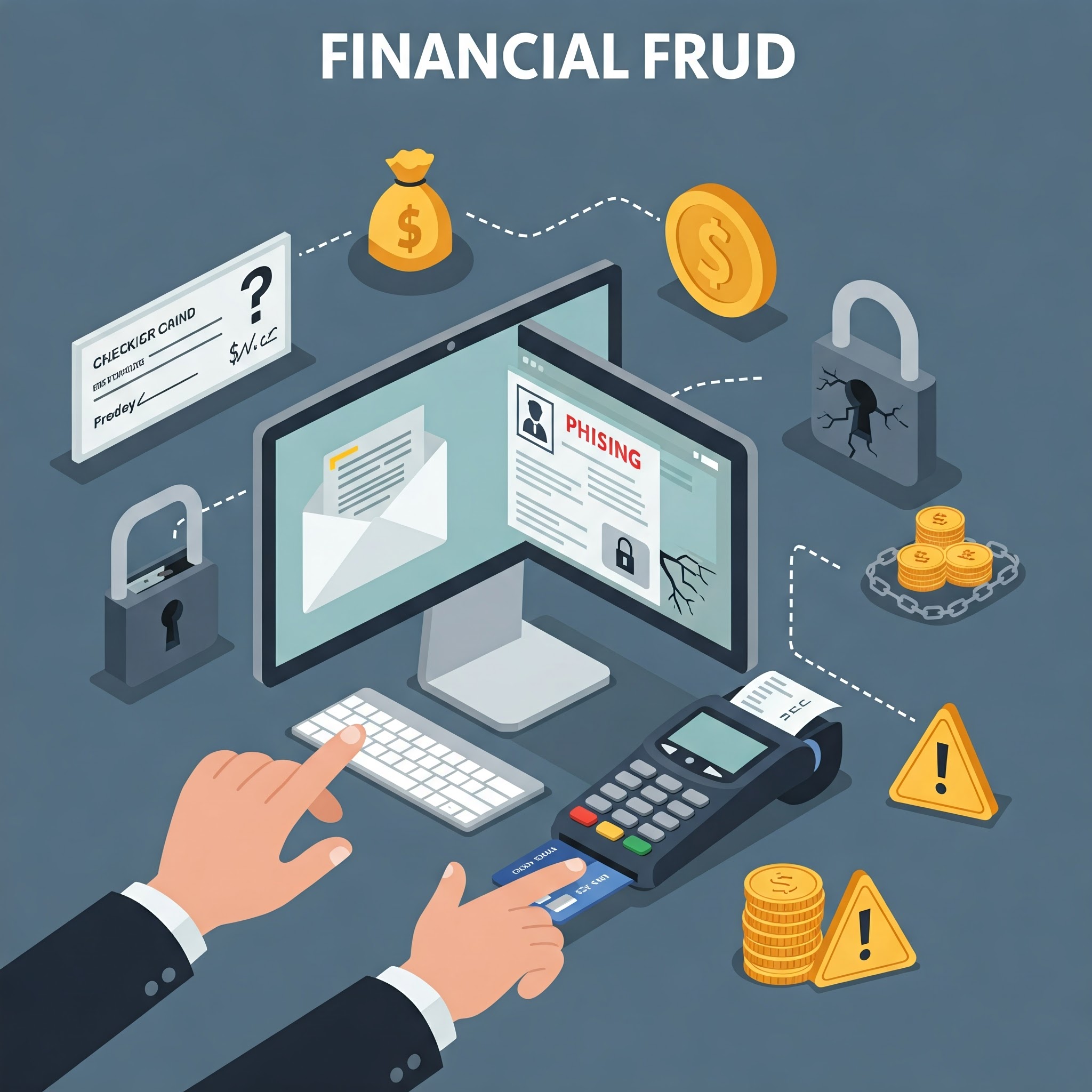
New York, 10/02/2024 – Despite increasing awareness in recent years, pyramid schemes continue to be a pervasive threat to unsuspecting individuals seeking financial opportunities. In 2024, experts warn that these fraudulent schemes are evolving, finding new ways to hide under the guise of legitimate businesses. Here’s what you need to know to protect yourself.
What is a Pyramid Scheme?
Pyramid schemes are illegal business models that focus entirely on recruitment. Participants make money by bringing in new members who pay “buy-in” fees. These fees rise through the ranks, lining the pockets of those at the top of the pyramid. The schemes eventually collapse when there are no more recruits, leaving those at the bottom with substantial losses.
Why the Resurgence?
Several factors are contributing to the reemergence of pyramid schemes:
- Economic Hardship and Desperation: During periods of economic turmoil, people become more vulnerable to promises of quick fixes and financial relief. Scammers capitalize on this desperation, offering false hopes of substantial income with little effort. The lingering effects of the COVID-19 pandemic, alongside potential recessions, provide a fertile ground for pyramid schemes to flourish.
- The Lure of the ‘Side Hustle’: The rise of the gig economy and ‘side hustle’ culture promotes the idea of additional income. This can, unfortunately, blur the lines between legitimate multi-level marketing (MLM) opportunities and pyramid schemes. Scammers may present the pyramid structure as a savvy side hustle, making it seem like smart entrepreneurship.
- Social Media Deception: Social platforms are breeding grounds for misinformation and targeted advertising. Pyramid schemes can easily spread through networks, disguised as success stories and lifestyle inspiration. Influencers or peers may be unknowingly or intentionally recruited to promote these schemes, making them appear more credible.
- Cryptocurrency Camouflage: Cryptocurrencies offer anonymity and can be difficult to trace. Some pyramid schemes incorporate crypto payments, giving them a veneer of technological advancement and innovation. They might even mask themselves as cryptocurrency investment opportunities, exploiting the hype and perceived potential of the crypto market.
- Adaptability: Pyramid schemes constantly evolve to evade detection and regulation. They might take on new disguises, such as “gifting circles” or online investment clubs, using trendy buzzwords to trick participants and make themselves harder to identify.
Types of Recent Pyramid Schemes
Here are a few recent examples of pyramid schemes. Please note that some cases might still be under investigation, and it’s always important to rely on official sources like the FTC or SEC for the latest information and legal rulings.
- Cryptocurrency-Related:
- OneCoin: Masquerading as a cryptocurrency investment, OneCoin lured millions of investors worldwide. Later investigations revealed it to be a multi-billion dollar scam with no actual blockchain technology.
- Forsage: Promoted as a ‘decentralized smart contract platform,’ Forsage operated as a classic pyramid scheme within the Ethereum blockchain. Founders have been indicted for massive fraud.
- Social Media-Driven Schemes:
- Blessing Loom: Also called “Circle Giving” or “Gifting Circles,” these schemes circulate on platforms like Facebook or Instagram. Participants are promised returns by ‘gifting’ money and recruiting others to join the ‘loom.’
- ‘Sou Sou’ Pyramid: Targeting immigrant communities, these schemes involve participants contributing recurring amounts under the pretense of informal saving plans. Those at the top benefit, while many lose out when the scheme collapses.
- Product-Based MLM Scams:
- LuLaRoe: This leggings retailer got entangled in lawsuits and allegations for its recruitment-heavy scheme and questionable inventory practices, leaving many distributors in debt.
- Herbalife: Herbalife faced scrutiny for its MLM business model, with investigations focusing on whether sales are driven by actual demand or primarily by the need to recruit more members.
Important Notes:
- This list isn’t exhaustive. New pyramid schemes pop up with alarming frequency.
- Some companies can present a blend of MLM and pyramid scheme features, making it tough to distinguish. Always research thoroughly.
- Regulatory actions might take time, meaning some schemes continue to operate while under investigation.
Where to find more information:
- Federal Trade Commission (FTC): https://reportfraud.ftc.gov/
- Securities and Exchange Commission (SEC): https://www.sec.gov/
- Better Business Bureau (BBB): https://www.bbb.org/
Red Flags to Look Out For:
- Emphasis on Recruitment: Be wary of businesses that promise significant income primarily through recruiting new members rather than actually selling products or services.
- Too-Good-To-Be-True Returns: If the promised returns seem unrealistic or come with minimal work requirements, proceed with extreme caution.
- High Upfront Costs: Schemes often demand large upfront investments or ongoing ‘membership fees’.
- Complex, Confusing Structures: Beware of businesses with overly convoluted compensation plans that are hard to understand.
- Pressure Tactics: Legitimate businesses won’t use aggressive tactics to get you to invest or recruit others.
How to Protect Yourself
- Do Your Research: Thoroughly investigate any company before investing money. Search for reviews, consumer complaints, and official warnings.
- If It Sounds Too Good, It Probably Is: Question any opportunity that promises outlandish profits for little effort.
- Consult Financial Professionals: Get advice from a trusted financial advisor before making any major financial decisions.
- Report Suspicious Activity: If you suspect a pyramid scheme, report it to the Federal Trade Commission ([FTC] (https://reportfraud.ftc.gov/)) or your local consumer protection agencies.
The Bottom Line
The promises of pyramid schemes are illusory. In reality, the vast majority of participants lose money. Knowledge is your best defense in 2024. By recognizing the signs and understanding how these schemes operate, you can safeguard your financial well-being and avoid falling prey to unscrupulous scammers.
Writing by Cristinel V. Anghelus, Reporter










Be the first to comment